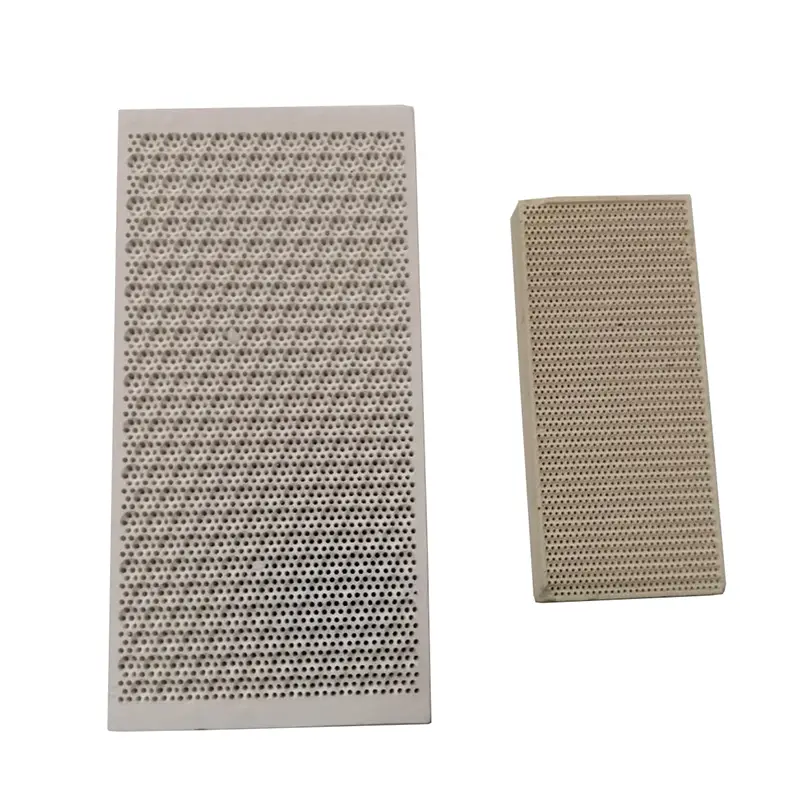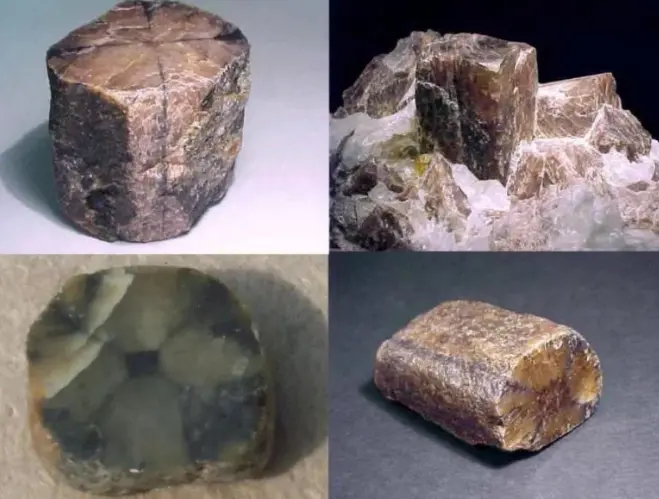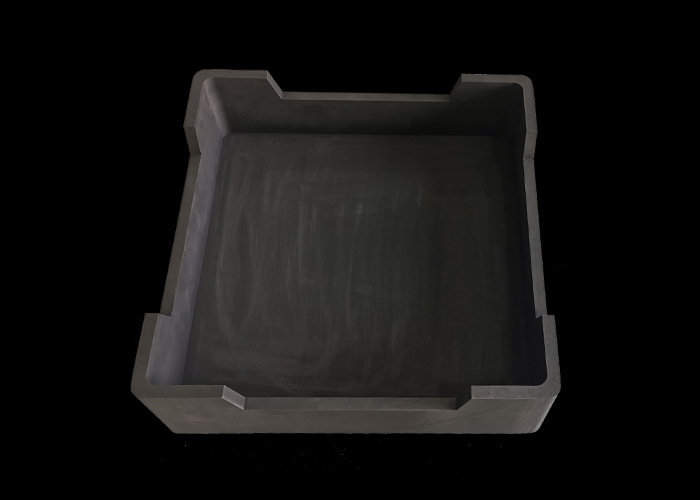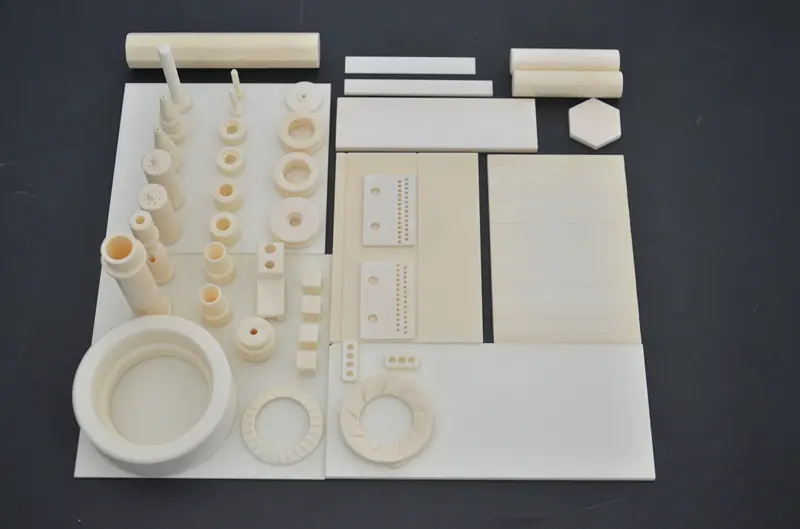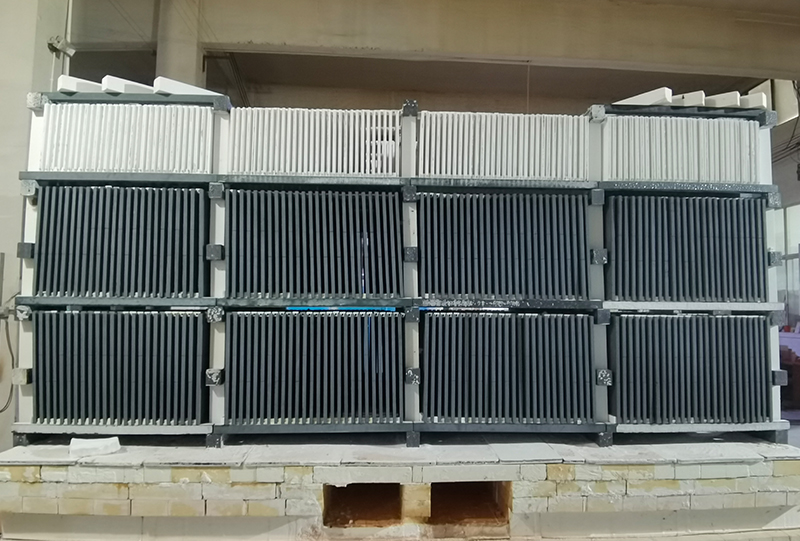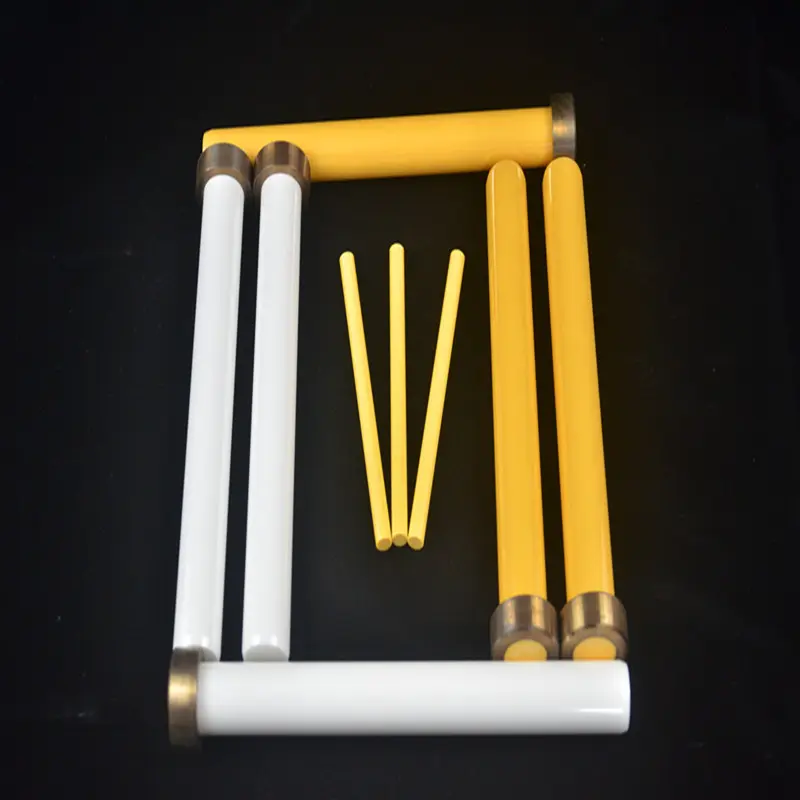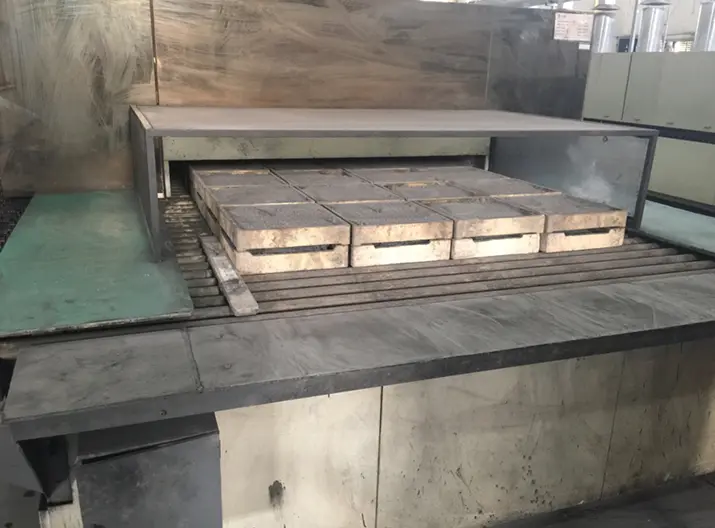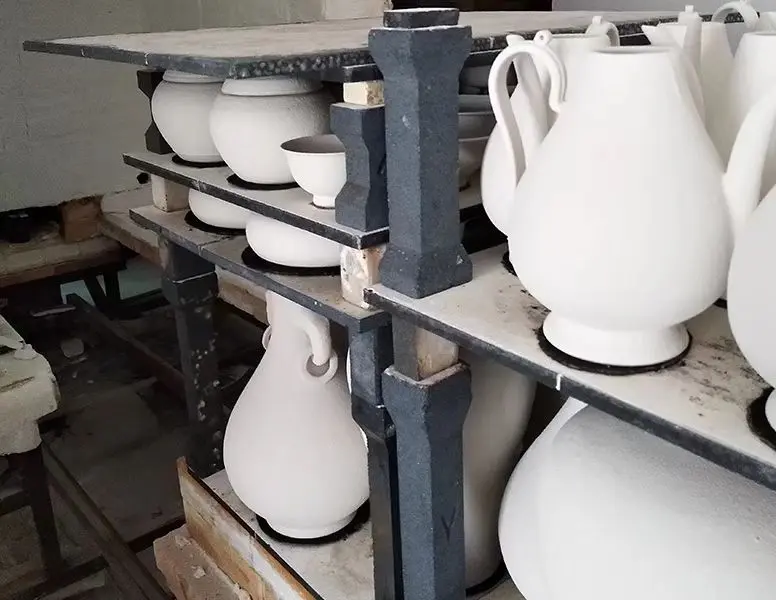Extruded Cordierite Batts for Sanitary Ceramics in Kiln Applications
Sanitary ceramics, including toilets, washbasins, urinals, and bidets, undergo firing at temperatures typically ranging between 1200°C and 1250°C. During this process, the ceramic bodies and glazes must be heated and cooled uniformly to prevent defects such as warping, cracking, or glaze imperfections. Extruded cordierite batts serve as Kiln Furniture, supporting these heavy and often large ceramic pieces while ensuring optimal heat distribution. Unlike traditional materials such as silica or mullite, cordierite exhibits near-zero thermal expansion, meaning it does not undergo significant dimensional changes during rapid temperature fluctuations. This characteristic is crucial in preventing thermal stress fractures, which can lead to premature batt failure and increased operational costs.
One of the key advantages of extruded cordierite batts is their ability to withstand repeated thermal cycling without degradation. In sanitaryware manufacturing, kilns operate in continuous or batch processes, subjecting kiln furniture to extreme heating and cooling cycles. Cordierite’s unique crystalline structure allows it to absorb and dissipate thermal energy efficiently, ensuring long-term performance even under rigorous conditions. Additionally, cordierite is chemically inert, meaning it does not react with ceramic glazes or release contaminants that could affect product quality. This is particularly important in sanitaryware production, where surface finish and hygiene standards are critical.
The extrusion manufacturing process further enhances the performance of cordierite batts. By forcing a cordierite-based mixture through a die under high pressure, manufacturers achieve a dense, homogeneous microstructure with minimal porosity. This results in improved mechanical strength, allowing the batts to bear heavy loads without deformation. The precise shaping capability of extrusion also ensures consistent batt dimensions, which is essential for maintaining proper spacing between stacked ceramic pieces in the kiln. Proper spacing promotes even airflow and heat distribution, reducing firing inconsistencies and improving energy efficiency.
Compared to alternative kiln furniture materials, extruded cordierite batts offer a balanced combination of cost-effectiveness and performance. While silicon carbide (SiC) batts provide superior thermal conductivity and strength, they are significantly more expensive and may not be necessary for mid-range sanitaryware firing temperatures. On the other hand, traditional mullite or silica batts, though cheaper, lack the thermal shock resistance required for prolonged use in modern kilns. Cordierite strikes an optimal balance, delivering durability and thermal stability at a reasonable cost, making it the preferred choice for many sanitary ceramics manufacturers.
In addition to their functional benefits, extruded cordierite batts contribute to sustainability in ceramic production. Their extended service life reduces the frequency of replacements, minimizing waste and lowering the environmental impact of kiln operations. Furthermore, the energy efficiency gained from uniform heat distribution helps reduce fuel consumption, aligning with industry trends toward greener manufacturing practices.
In conclusion, extruded cordierite batts play a vital role in the sanitary ceramics industry by providing reliable, high-performance kiln furniture that enhances product quality and operational efficiency. Their superior thermal shock resistance, mechanical strength, and chemical stability make them indispensable for firing large and heavy ceramic ware. As manufacturers continue to seek ways to optimize production processes, the demand for advanced cordierite-based solutions is expected to grow, reinforcing their position as a cornerstone of modern ceramic kiln technology.


